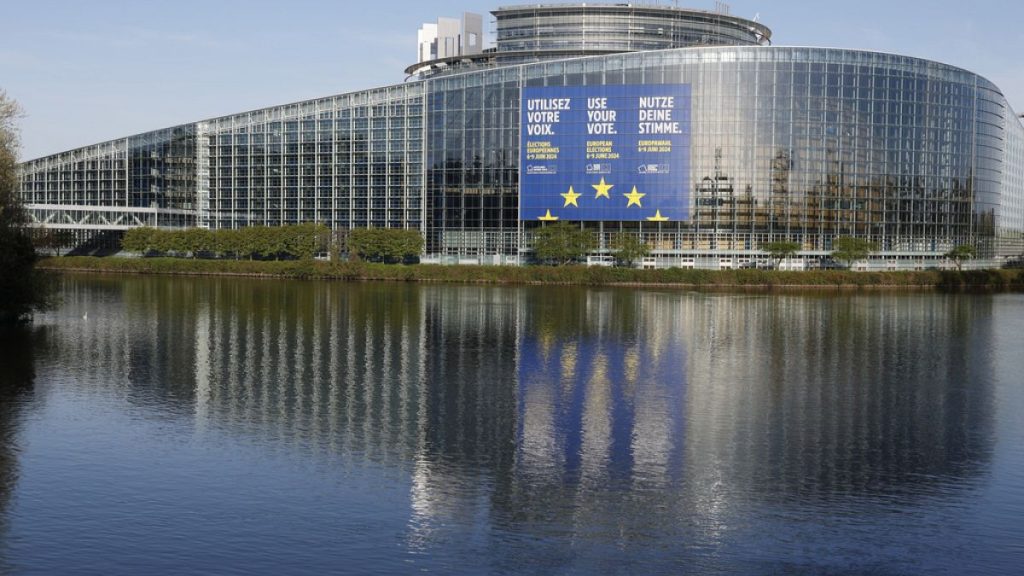The European Parliament elections are set to take place between 6 and 9 June, with 350 million people across 27 EU member states participating to elect 720 members. Each country within the EU has its own method of voting, such as preferential voting, closed-list voting, and the single transferable vote system. Portugal and Malta are introducing early voting for the first time in an effort to increase voter turnout and engagement. In Belgium, Greece, Bulgaria, and Luxembourg, voting in the EU elections is mandatory, while age requirements for voting and standing as a candidate vary across countries. Some countries, such as France and Italy, have implemented gender quotas on party lists to ensure more equal representation of women in the parliament.
Several countries in the EU have specific regulations in place to encourage voter engagement and representation. While voting in the EU elections is mandatory in some countries, others leave it up to the individual to decide whether or not to participate. Lowering the voting age and implementing gender quotas on party lists are examples of measures taken to promote diversity and inclusivity. Belgium, which reduced the voting age to 18 in 2021, is one country that has made changes to its electoral system in recent years. The presence of women in parliaments across the EU varies, with some countries having a higher representation of women than others.
While some aspects of the EU elections may seem traditional, such as the use of paper ballots instead of digital methods, some countries are beginning to adopt new voting practices. Estonia is the only country that allows electronic voting, while others, such as Germany, Spain, and the Nordic nations, allow postal voting for citizens living abroad. Additionally, Greece will be introducing postal voting for expats for the first time in this election. The use of technology and alternative voting methods may continue to evolve in future elections throughout the EU.
Overall, the European Parliament elections showcase the diversity of voting systems and regulations across EU member states. With each country having its own unique method of voting and specific rules in place, the elections highlight the importance of engaging citizens and promoting representation in the parliament. Measures such as early voting, gender quotas, and changes to voting age requirements demonstrate efforts to make the electoral process more inclusive and accessible to all individuals. As the elections unfold, it will be interesting to see how these different methods and regulations impact voter turnout and the composition of the European Parliament.


